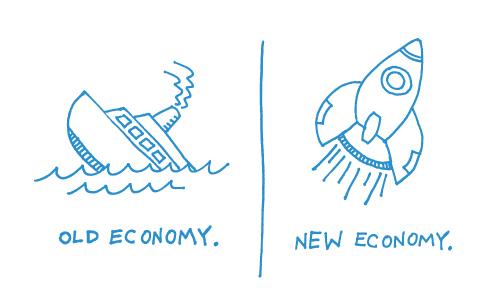 Most progressives have long embraced a clear alternative to the conservative story that prosperity flows best from a “free market” unfettered by government regulation and taxes. The standard progressive response: government incentives and spending are essential to spur the creation of jobs, and unions and regulations can make them “good jobs.”
Most progressives have long embraced a clear alternative to the conservative story that prosperity flows best from a “free market” unfettered by government regulation and taxes. The standard progressive response: government incentives and spending are essential to spur the creation of jobs, and unions and regulations can make them “good jobs.”
President Obama’s re-election by a surprisingly healthy margin (he won by 3.5 million in the popular vote and by 126 in the Electoral College) confirmed substantial support for this overall approach to the economy. Despite deep economic suffering throughout Obama’s first term, the public validated his advocacy for more progressive taxes, his ideas about the positive role that government must play in regulation, and his call for public investment in training, education and research. All of this adds up to a significant defeat for the free-market ideologues who lined up behind Mitt Romney.
But here’s the catch: while Obama’s policies have the short-term potential to improve the lives of many Americans beleaguered by the economic slump, the approach he champions is insufficient to tackle the long-term problems we face. To secure a safe and prosperous future for subsequent generations, efforts to reduce unemployment and curb inequality must be considered alongside urgent threats to the environment and democracy. These crises present a compelling argument for systemic change.
